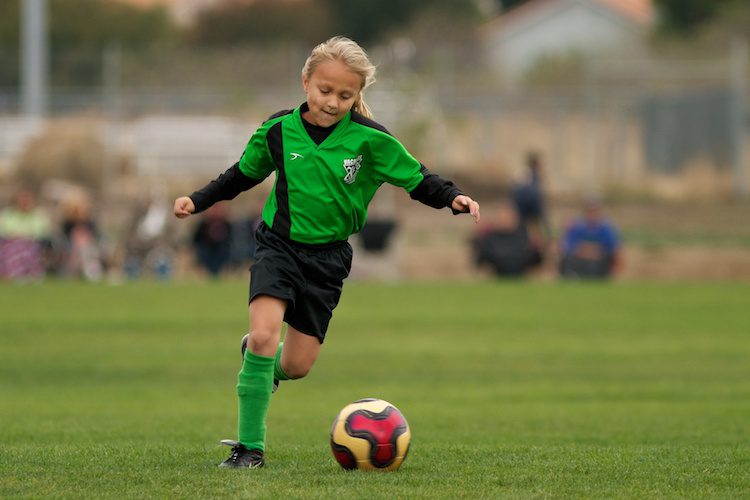
If you live in Texas, you probably know a little something about football; you’ve played it, your kids play it, or, at the very least, you’ve put on a Cowboys jersey and yelled at the TV about it. This also means you’re probably familiar with the risk of concussion and long term brain injury that can come along with this sport. The same goes for boxing (in case you are that one Texan who doesn’t follow football). Concussions are something the NFL and groups like the International Boxing Association are taking seriously, and increasingly, players are speaking out about their experiences.
What most of these experiences have in common, though, is that they come from a male perspective. That’s because these sports are predominantly played by men and boys. But let’s not forget that women and girls play sports too, and they are also at risk for concussions. In fact, research is mounting that male and female athletes may not suffer from concussions in quite the same way.
Before we get into the differences, there are a few things to know about concussions in general (male or female).
Concussions are a mild form of traumatic brain injury. They can occur from a direct hit to the head or from a sudden stop or turn that causes the brain to bounce around in the skull. Sometimes a concussion will cause a loss of consciousness but not always. Other symptoms include:
- Memory loss or confusion
- Headache
- Dizziness or loss of balance
- Nausea or vomiting
- Change in mood or personality
- Sensitivity to light or noise
- Slurred speech
- Ringing in the ears
The American Academy of Neurology has a comprehensive list of resources for parents, coaches and healthcare professionals to help recognize the signs of concussion.
Doctors use the same criteria to diagnose a concussion in male or female patients, no matter the cause of the injury, sports or otherwise. While much focus on males has been in football and boxing, according to the Centers for Disease Control, females (age 10-19 years) have sports concussions most often while playing soccer or basketball or while bicycling.
And in some cases, they have them more often than males, as in this study of nearly 200,000 high school student-athletes, published in the American Journal of Sports Medicine in June, 2018. Researchers looked to see if there was any difference between high school boys and girls in how often they got concussions, and how much play they missed because of the injury. When they compared boys and girls in similar sports, girls were about twice as likely to sustain a sports-related concussion than boys. This was most true for baseball and softball, but the risk was also higher for girls than boys in basketball and soccer. Girls also missed significantly more sports days than boys.
It is possible that girls missed more days of play because they experience concussion symptoms longer than boys. This 2017 study, published in the Journal of the American Osteopathic Association, showed that among athletes (age 11-18) who suffered a concussion, girls were symptomatic for a longer period (about 28 days) than boys (about 11 days), no matter the sport played.
Another group of researchers attached impact-sensing monitors to the heads of male and female hockey players from a single high school. They followed the players during practices and games over the course of two seasons. Their findings were published in the American Journal of Sports Medicine in June, 2018. They discovered that while boys experienced more head impacts overall, the magnitude of the impacts experienced by girls was higher.
While these discrepancies between males and females are becoming clear, the reasons behind them are still vague. Some scientists suggest that hormones or musculoskeletal strength differences may be the cause, but more research is needed.
You can find out more about the research done on women and girls and concussions from the non-profit organization Pink Concussions. They also raise money for research, organize conferences, and offer support groups for women and girls.
This summer as you sign your boys and girls up for sports or plan for the fall, talk to coaches about concussion awareness. Find out if they have concussion policies in place–the football team probably does. Make sure the girls’ sports teams do too.

